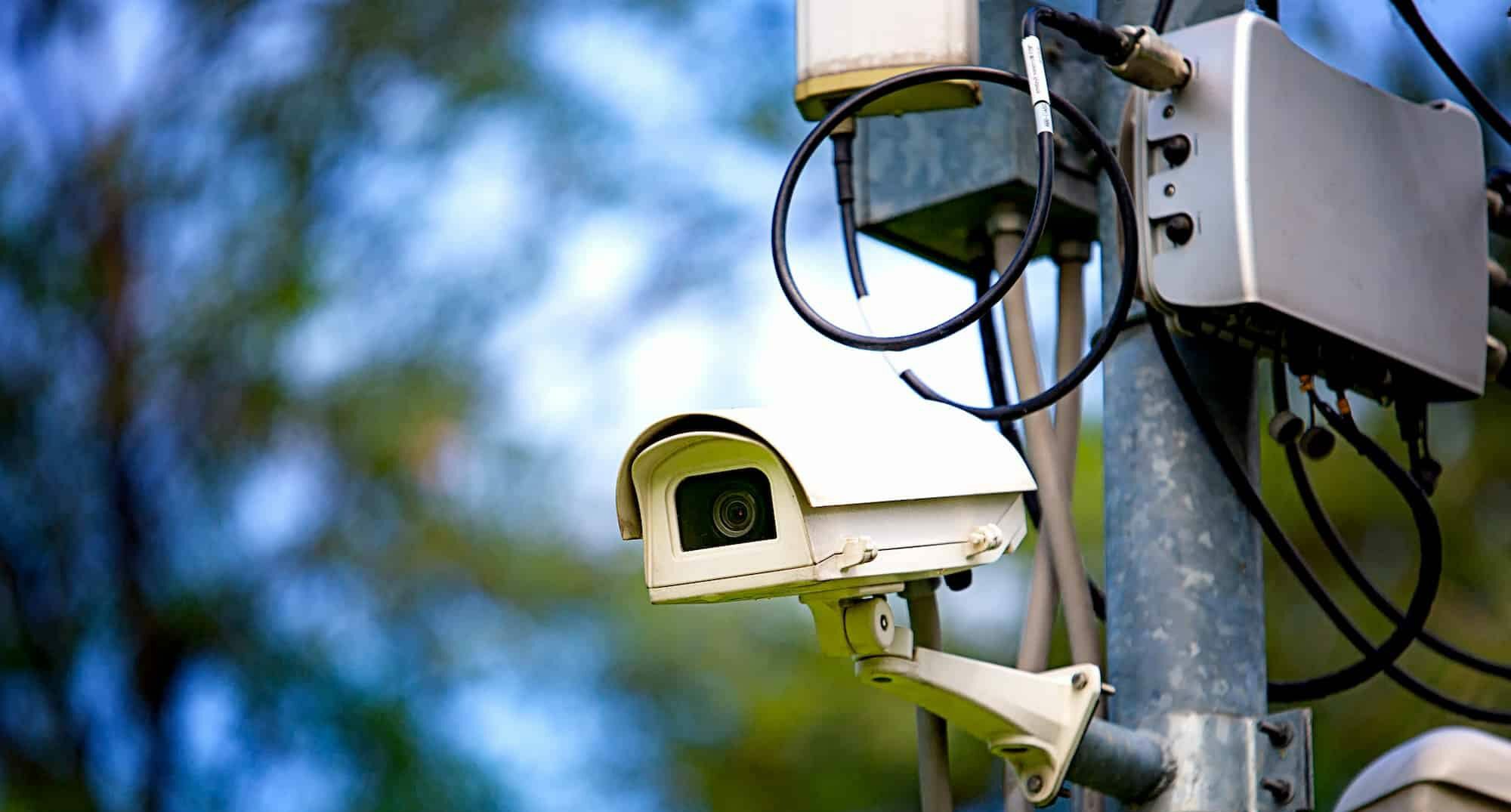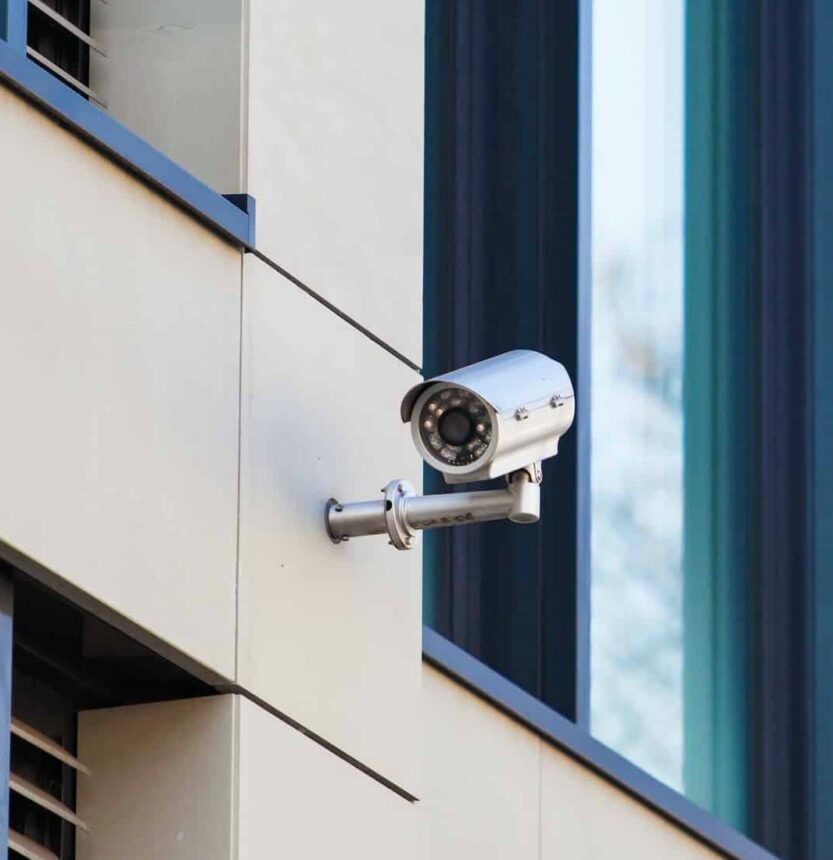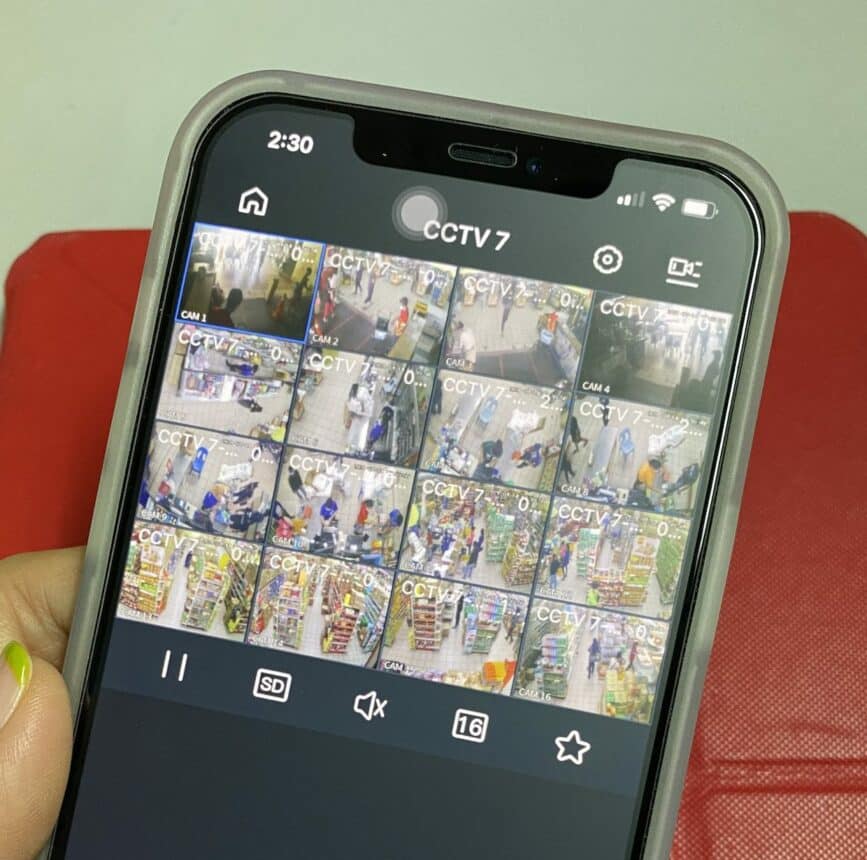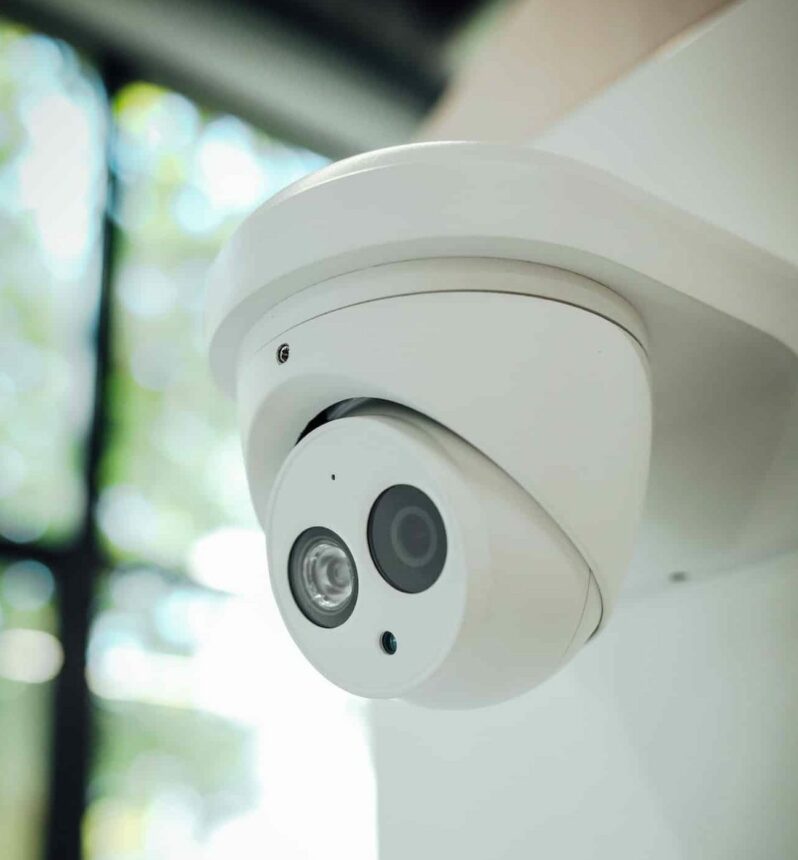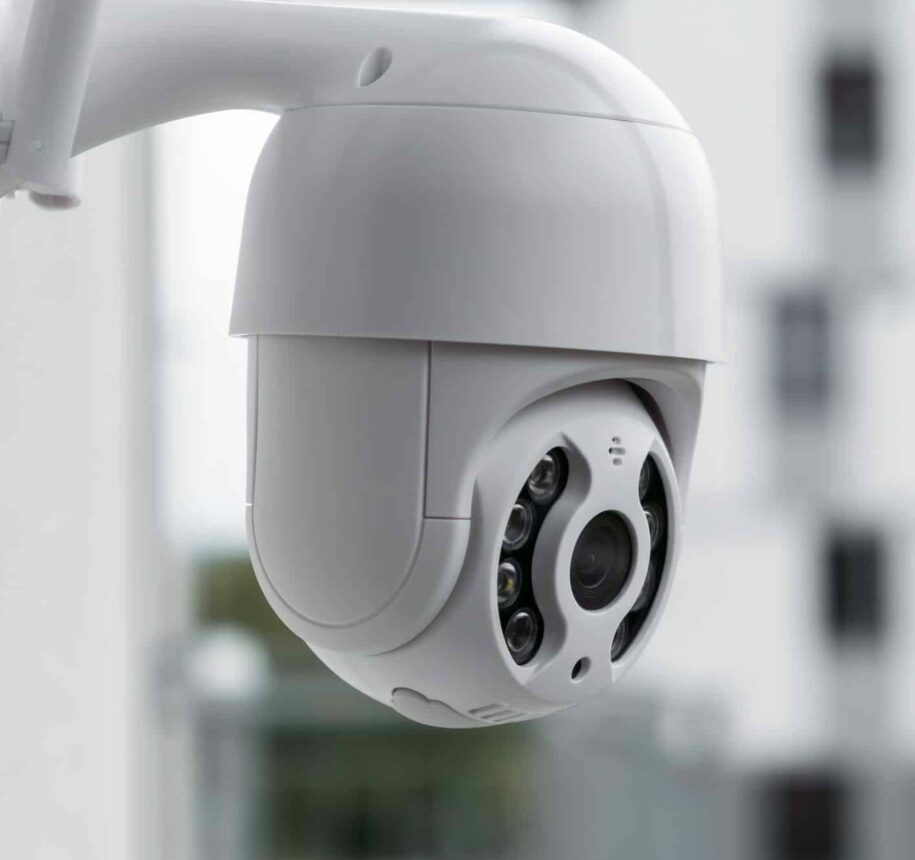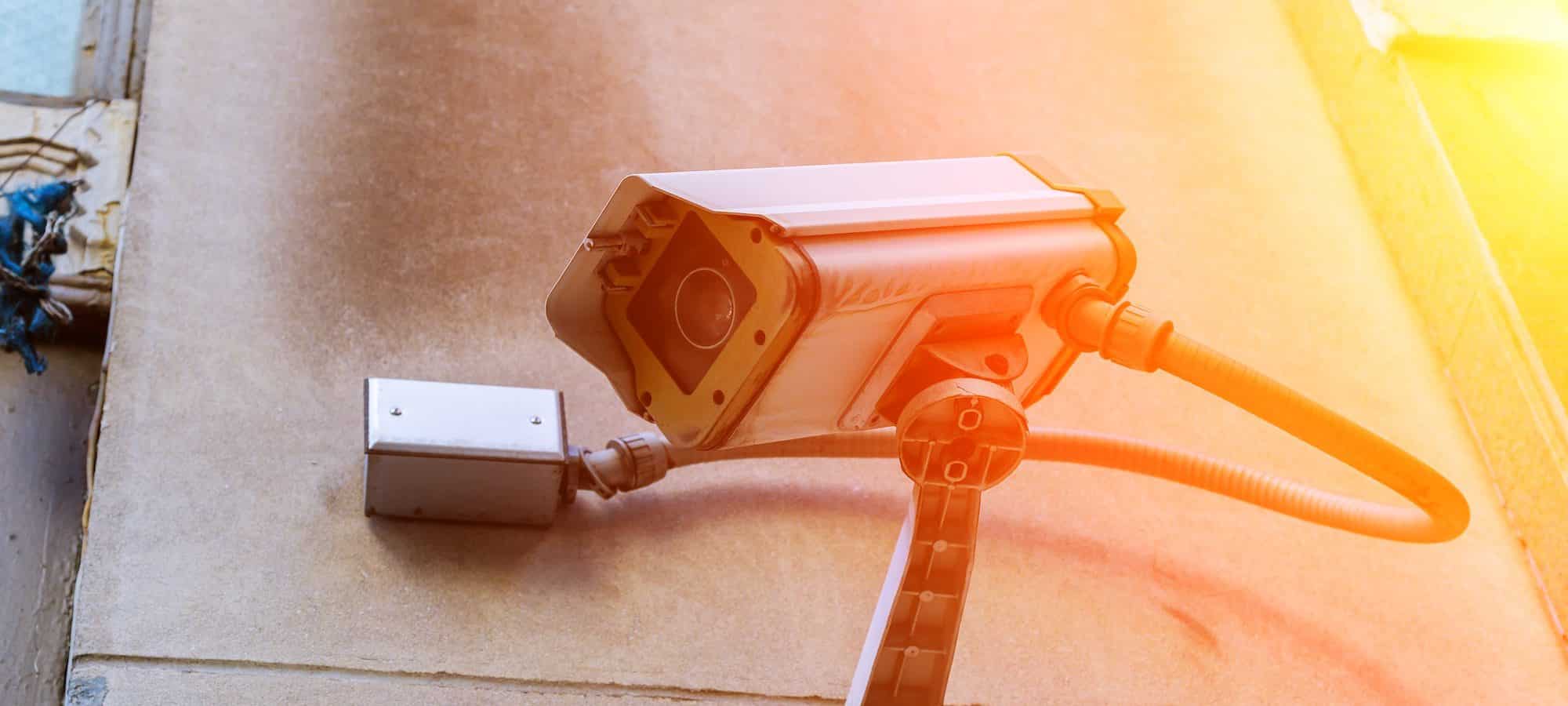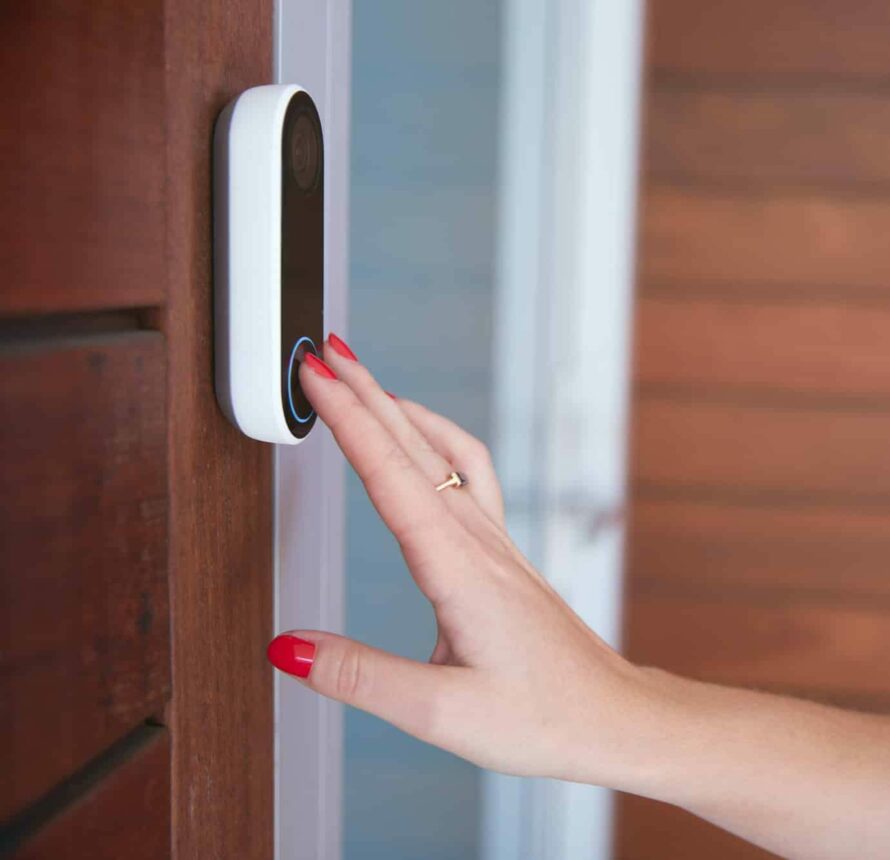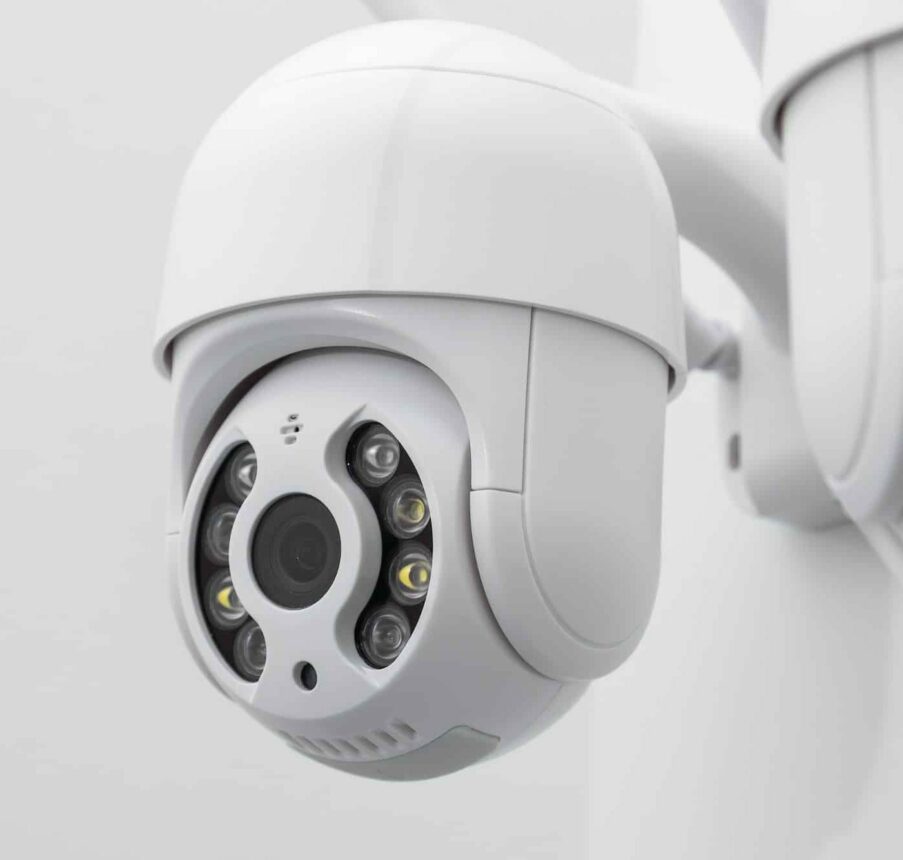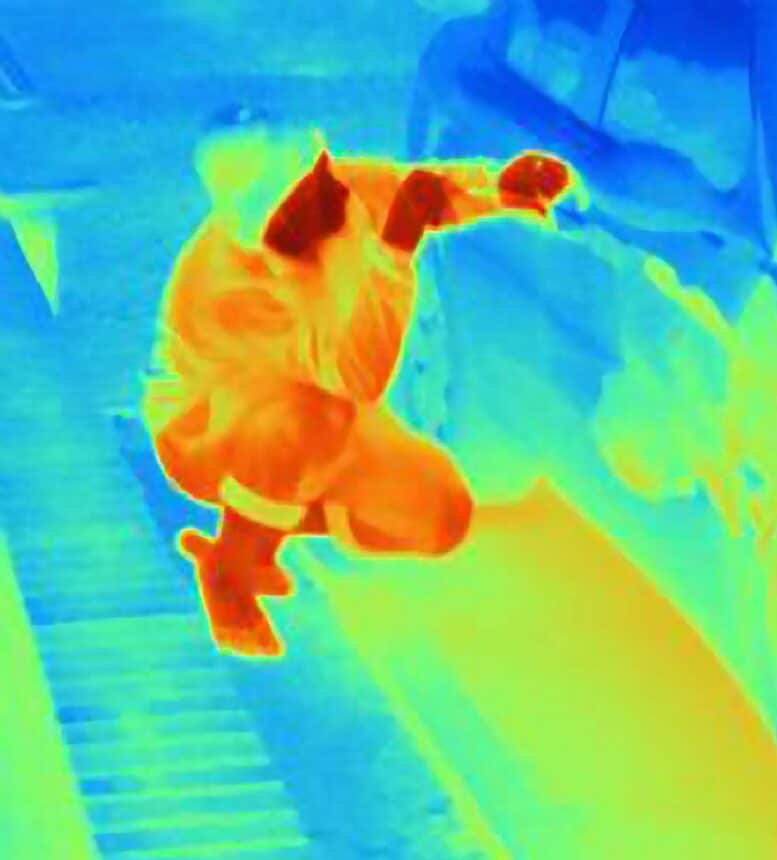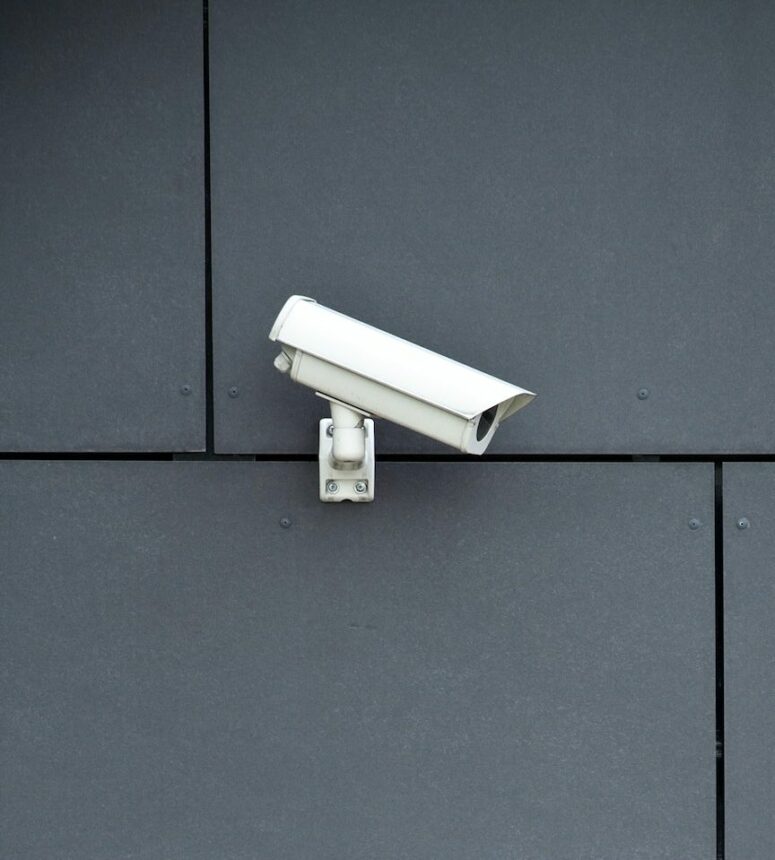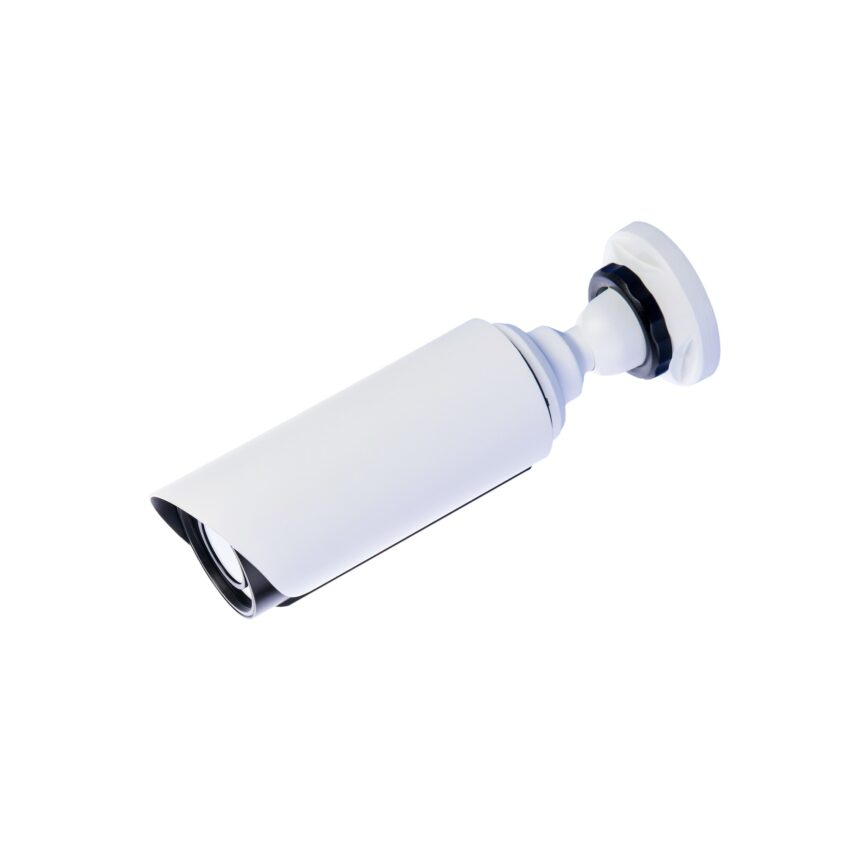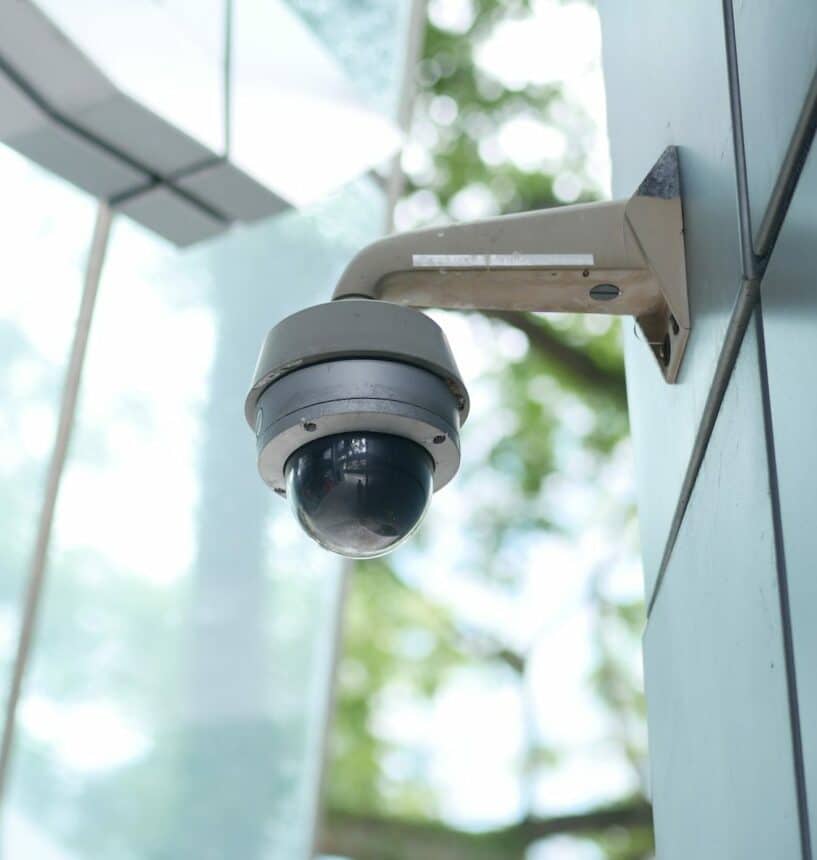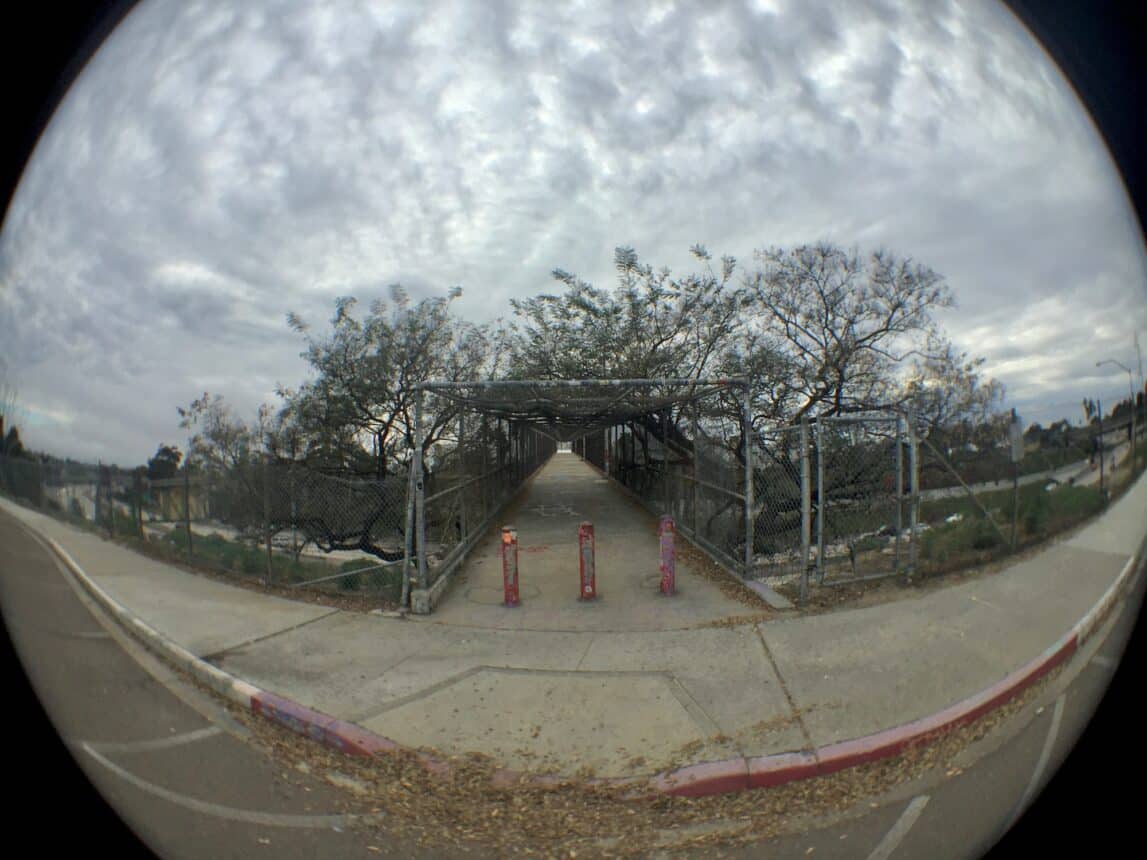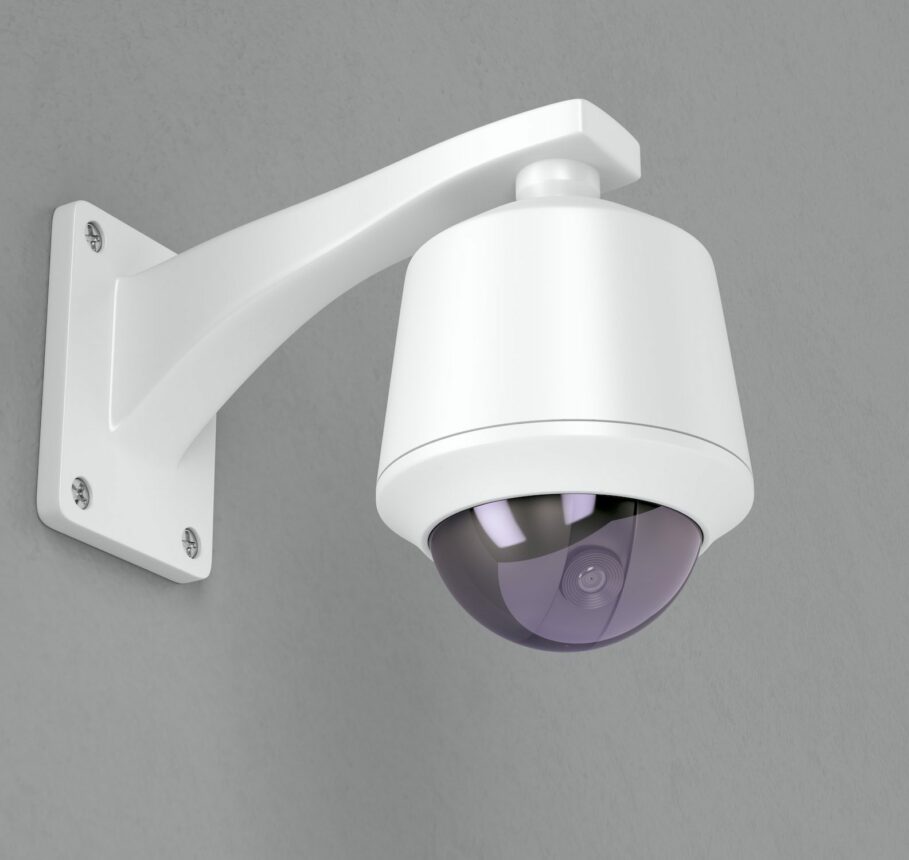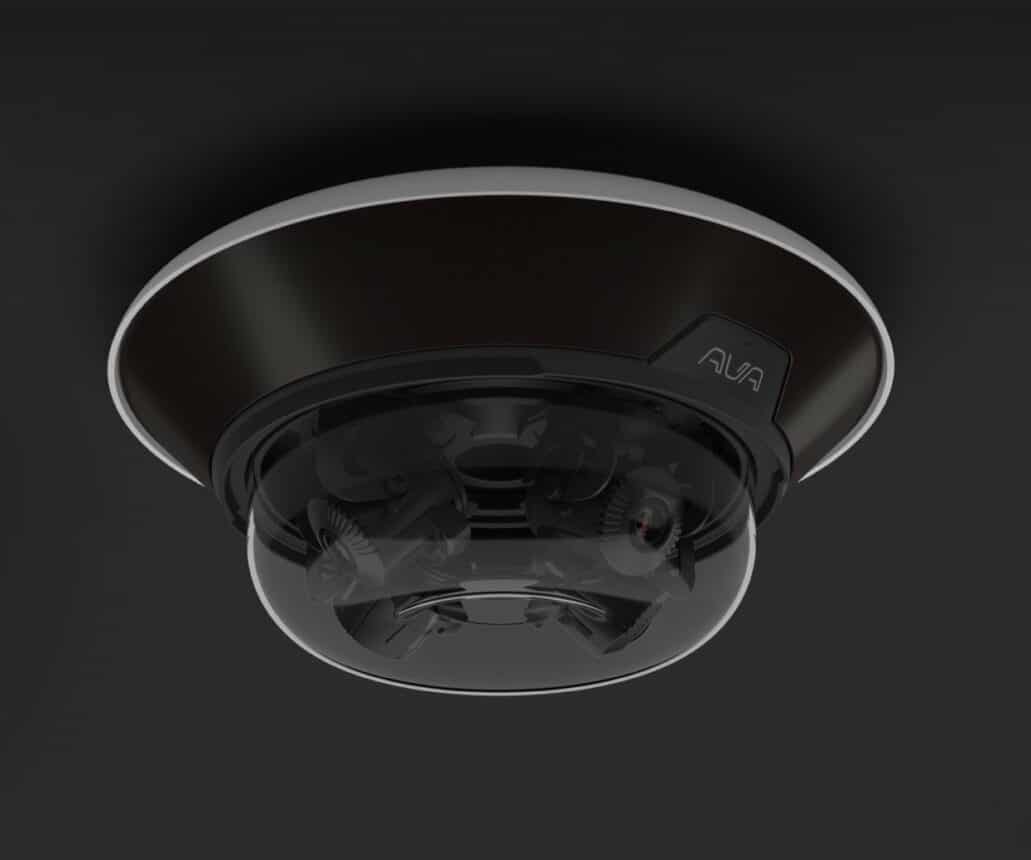Amount of Storage Needed
High camera resolution, how long you run the camera, and the number of cameras installed will determine how much storage solution you’ll need. Our experts have a useful calculation sheet that will give you a good idea of what storage solution is best for your system.
Cloud Storage vs. Hard Drive Storage
When it comes to video recall, you want the ability to access any video footage at any time. Selecting the correct type of storage for your security system will ensure you can playback your videos at will. Video storage comes in two varieties: cloud and hard drive storage.
Cloud storage uploads your video feed into a third-party storage site that you can access from any device, regardless of where you are. It’s appealing as it’s more convenient and accessible than working with physical drives. However, cloud storage does require a fast internet connection, and while many CCTV systems offer free storage, you’ll have to pay a subscription fee if you exceed your limit.
Many systems still use a hard drive, which records the video feed onto a physical medium. Hard drives are relatively simple once installed but lack the accessibility features of cloud storage.
